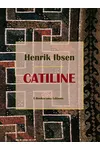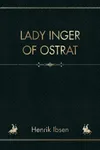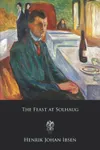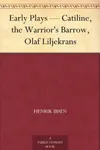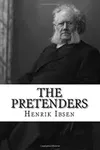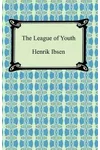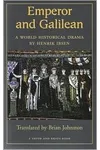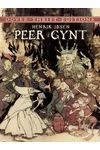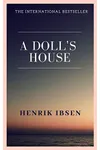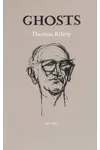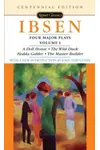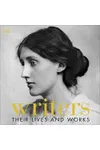Picture a Norwegian playwright who dared to challenge the status quo with stories that shook the 19th century—meet Henrik Ibsen! Born in 1828, Ibsen transformed modern drama with his bold, psychologically rich plays that tackled taboo topics like women’s rights and societal hypocrisy. His works, like A Doll’s House and Hedda Gabler, still captivate audiences worldwide with their timeless relevance.
From a small town in Norway to global stages, Ibsen’s journey was anything but ordinary. His ability to weave complex characters and provocative themes made him a titan of theater, earning him the title ‘father of modern drama.’ Ready to dive into his fascinating life and legacy? Let’s go!
The Making of Henrik Ibsen
Henrik Ibsen was born on March 20, 1828, in Skien, Norway, to a wealthy merchant family that fell into financial ruin during his childhood. This hardship shaped his gritty determination. At 15, he left home to work as a pharmacist’s apprentice, but his heart was set on writing. In his early 20s, Ibsen began crafting plays and poems, drawing inspiration from Norwegian folklore and Shakespeare. His early works, like Catiline, showed promise but struggled to gain traction. Undeterred, he took a job at a theater in Bergen, honing his craft and laying the groundwork for his revolutionary style.
Henrik Ibsen’s Unforgettable Plays
Ibsen’s genius lay in his ability to blend realism with psychological depth, creating characters who felt startlingly human. His breakthrough came with A Doll’s House (1879), a daring play about Nora Helmer, a woman who defies societal expectations by leaving her husband. Its shocking ending sparked debates across Europe about gender roles. Ghosts (1881) tackled taboo topics like venereal disease and religious hypocrisy, cementing Ibsen’s reputation as a provocateur. Hedda Gabler (1890) introduced one of literature’s most complex female characters, a woman trapped by her own ambitions and societal constraints. Finally, The Wild Duck (1884) explored the destructive power of truth, blending tragedy with dark humor.
Ibsen’s style was groundbreaking for its time. He ditched melodramatic tropes for naturalistic dialogue and settings, making his plays feel like slices of real life. His themes—individual freedom, societal pressure, and moral ambiguity—resonated deeply, influencing playwrights like George Bernard Shaw and Anton Chekhov. Each work was a bold invitation to question the world around us.
Why Henrik Ibsen Matters
Ibsen’s impact on theater and culture is immeasurable. By introducing realism and tackling controversial issues, he paved the way for modern drama. His fearless exploration of women’s struggles inspired early feminist movements, and his plays remain staples in theaters worldwide. Ibsen’s ability to capture the human condition ensures his stories resonate across generations, challenging us to confront uncomfortable truths about society and ourselves.
Beyond the stage, Ibsen’s influence extends to literature, film, and even psychology, where his nuanced characters inform studies of human behavior. His legacy as a trailblazer endures, proving that great art can spark change.
About Henrik Ibsen
- Born: March 20, 1828, in Skien, Norway
- Died: May 23, 1906, in Oslo, Norway
- Key Works: A Doll’s House, Hedda Gabler, Ghosts, The Wild Duck
- Notable Achievement: Often called the ‘father of modern drama’
Want to experience Ibsen’s genius? Grab a copy of A Doll’s House or catch a local theater production, and dive into the provocative world of this Norwegian visionary!
